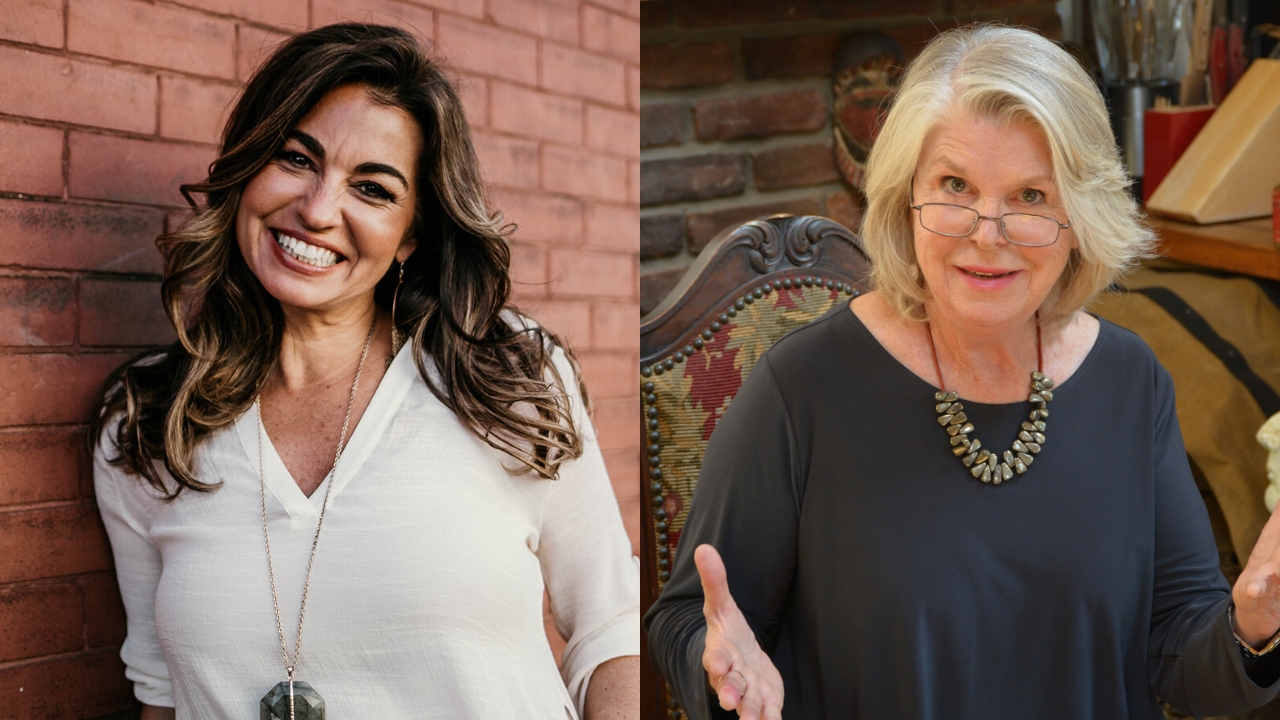Rejection is one of the greatest fears we have as humans. Even simple rejections like not making the team or being chosen for a job – things we know aren’t personal – still sting deeply. Why does rejection seem to hit at the core of who we are?
Susan Anderson began asking this question when she went through a personal experience of abandonment. The love of her life left her suddenly for another woman, and although she was a practicing psychotherapist with immense knowledge of the human mind, she still found herself in emotional crisis and doubting herself and her worthiness.
As she dug more into this topic, she discovered that we as humans have a primal abandonment wound – a universal experience that begins when we are born and go from deep union and connection with our mother to a feeling of being separate. This creates deep shame and causes us to search for belonging and worthiness throughout our lives.
And this is why rejection hurts so much: it triggers this deep fear that we might not belong and we might not be worthy.
In this fascinating and important episode, Susan shares her discoveries on the topic of abandonment, why we experience it the ways we do and how a whole host of other issues in our lives can stem from this wound. We discussed why healing abandonment trauma looks different from healing other traumas, the five stages of healing and the tools (all of which are part of The Adult Chair® model) that can heal it.
Listen to discover:
- The hidden shame we all have and the root of it
- The different defenses we put up against shame
- How to raise our awareness to our abandonment wounds
- Why healing from abandonment looks different from other forms of trauma healing
- Steps to healing abandonment wounding
- How working with abandonment wounding can help with people pleasing, codependency and self-sabotage
- 5 stages of processing abandonment hurt
The primal wound of abandonment is also an opportunity for primal healing. When we learn to love and accept ourselves as worthy and recognize how deeply connected we truly are, we not only heal our abandonment wound, but we can change almost anything in our lives.
“The loneliness is sort of a secondary feeling. The primary is the primal fear and the shame of maybe never being worthy of keeping someone.” – Susan Anderson
“The personality itself is a defense against the shame.” – Susan Anderson
“When we look at a relationship that ends, it is a retraumatization of what we experienced as a child.” – Michelle Chalfant
“The history that leads to a strong reaction in adulthood to abandonment could be very subtle.” – Susan Anderson
“You have to take this step, and you go through it…The pain is there, but you go through it, and you get to the other side.” – Michelle Chalfant
“Your adult self can now develop an intense, loving, reassuring relationship with your inner child.” – Susan Anderson
“It turns this awful emotional crisis that’s so painful into an opportunity for something that’s probably long overdue, which is self-love.” – Susan Anderson
“Doing these steps, you will become an even better, stronger, more self-loving person on the other side of it…even stronger than you were prior to this abandonment wound.” – Michelle Chalfant
“The kind of self-love that we’re developing is deeper, more mature self-love…the kind of love you give yourself because you respect yourself so much.” – Susan Anderson
“We have to stop looking outside of self and turn our attention inward. That’s where healing, that’s where love, that’s where hope, that’s where peace, that’s where all the things are that we’re looking for outside of ourselves.” – Michelle Chalfant
“When the adult gets strong and is in command, it limits all of this self-sabotage.” – Susan Anderson
LINKS & RESOURCES
Susan Anderson Website (all workshops and resources can be found here)
https://abandonmentrecovery.com
“The Journey from Abandonment to Healing” (Susan Anderson book)
https://www.amazon.com/Journey-Abandonment-Healing-Surviving-Recovering/dp/0425273539
The Adult Chair® Membership (May Theme: How to stop negative thinking)
https://theadultchair.com/membership/
MORE ADULT CHAIR
The Adult Chair® Website
The Adult Chair® Membership
https://theadultchair.com/membership/
The Adult Chair® Events
https://theadultchair.com/events/
The Adult Chair® Coaching Certification
https://theadultchair.com/certification
STAY CONNECTED
Instagram: https://www.instagram.com/michelle.chalfant
Facebook: https://www.facebook.com/TheMichelleChalfantCo/
The Adult Chair® Facebook Group: https://www.facebook.com/groups/theadultchair/



